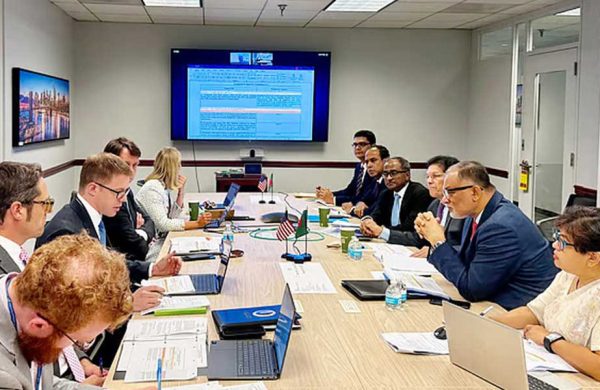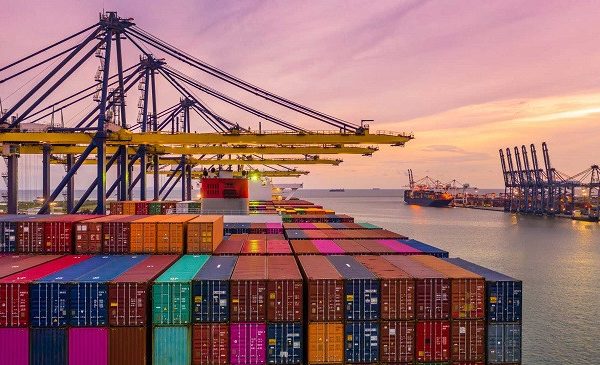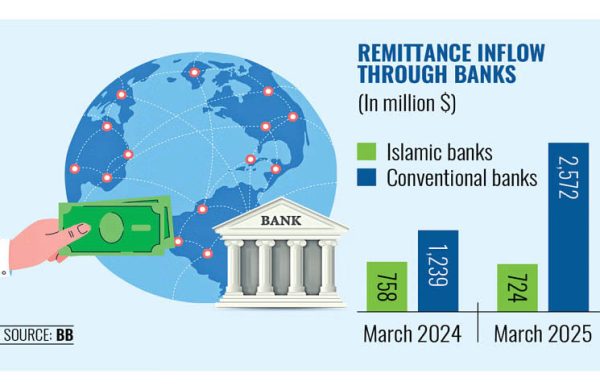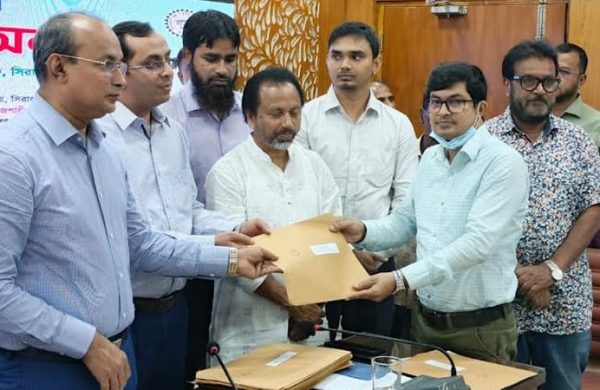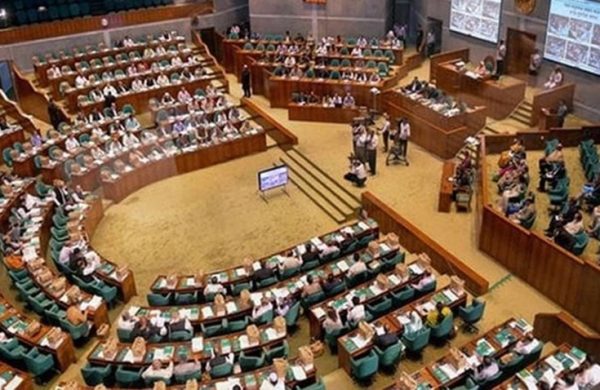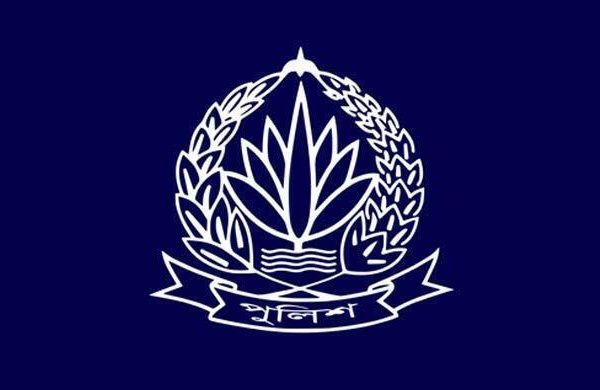Textile industry seeks immediate withdrawal of 2pc AIT
- Update Time : Saturday, July 5, 2025
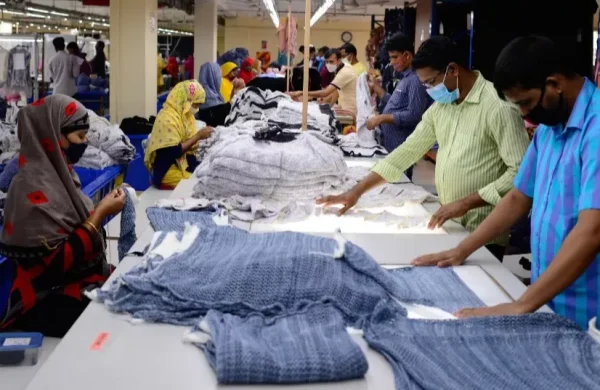
Staff Correspondent:
Bangladesh’s vital textile sector is teetering on the brink of crisis, with industry leaders vehemently protesting a newly imposed 2 percent Advance Income Tax (AIT) on imported cotton and an increased specific tax on locally produced yarn.
“We cannot bear this additional tax burden,” said BTMA President Shawkat Aziz Russell during an emergency press conference held at Gulshan Club on Saturday, highlighting a confluence of challenges already plaguing the industry.
BTMA Directors Khurshed Alam, Abdullah Al-Mamun, Saleuzzama Khan, Badsha Mia, and Mohammad Ayub, along with former President of the Cotton Association Hossain Mahmud, Home Textile Association representative, and BKMEA Vice President Amor Powder, were present at the press conference.
The Bangladesh Textile Mills Association (BTMA) has taken a drastic measure, halting the release of cotton containers from ports and is urging the government to immediately revoke these ‘self-destructive’ policies.
The BTMA leaders raised alarm without the immediate withdrawal of the 2 percent AIT and a reduction of the specific VAT on yarn from Tk 5.0 per kg, domestic textile factories face imminent closure.
He cited soaring bank interest rates (up to 15-16 percent), higher corporate taxes and persistent uncertainty regarding gas and electricity supplies as critical factors undermining their operations.
They also highlighted that this AIT policy will be benefited the neighbour country export yarn to Bangladesh as they (Indian traders) getting incentive to export yarn.
The association emphasised the urgent need to protect local industries and safeguard employment.
They argued that while the government may view these measures as revenue-generating, they will, in reality, plunge the textile sector into deeper distress, ultimately harming the national economy.
The new impositions come at a time when the textile sector is already reeling from a multitude of issues, including:
- Abnormal increases in gas and electricity prices
- Significant reductions in cash incentives for exports
- Uninterrupted energy supply shortages
- Persistent currency devaluation
Compounding these woes, the Finance Ordinance 2025 for the fiscal year 2025-26 has further exacerbated the situation by increasing the specific tax on locally produced cotton yarn and yarn mixed with artificial and other fibers from Tk 3 to Tk 5 per kilogram at the production stage.
This particular move is expected to severely impact the domestic spinning sector.


